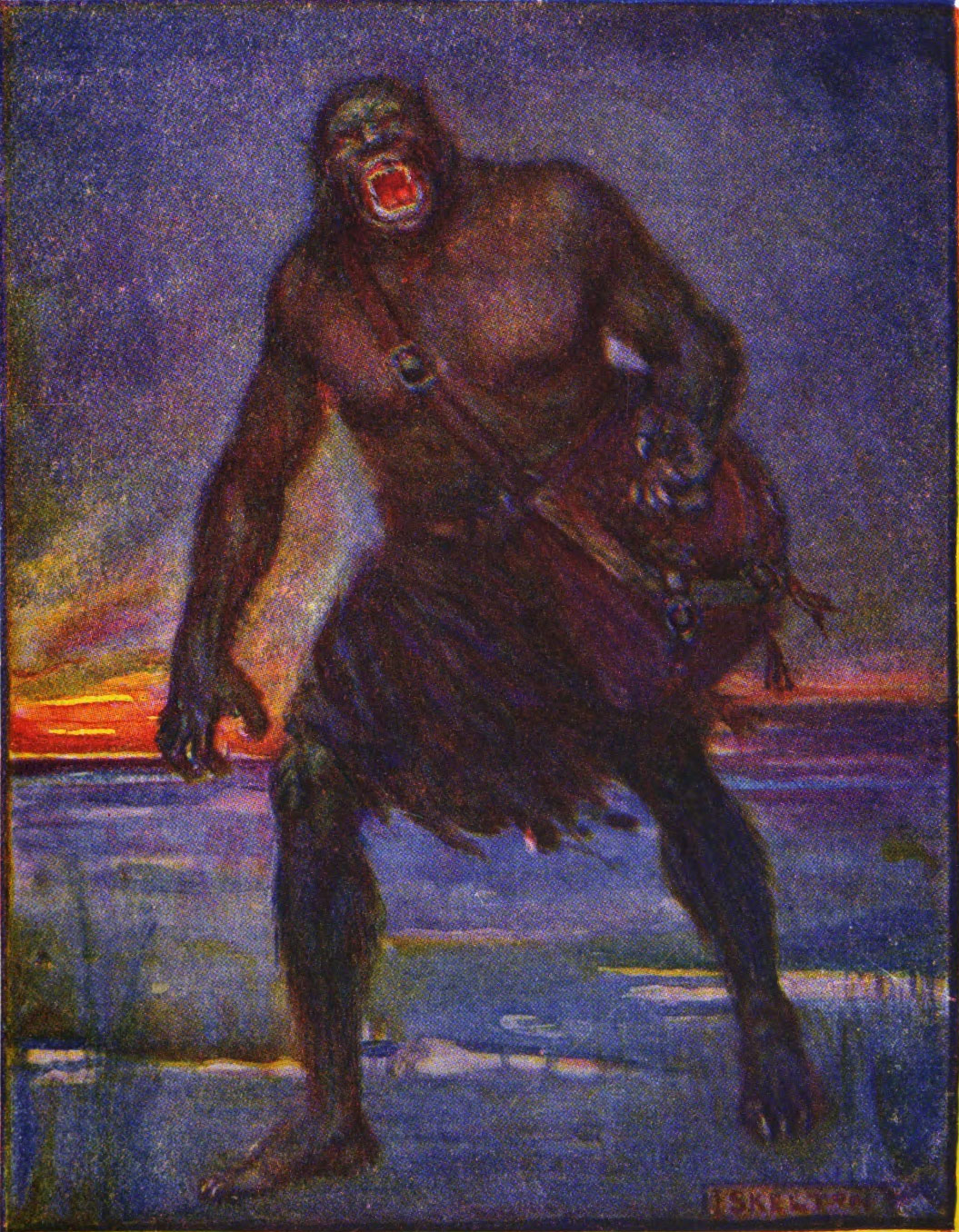As we celebrate, let’s do it with big hearts. American democracy has been saved, for now.
And we’re called to restore it.

Communication and Change
As we celebrate, let’s do it with big hearts. American democracy has been saved, for now.
And we’re called to restore it.

Nov. 5, 2020, 7:30 pm EST. We must see what’s happening while it’s happening: With his address just now, the president tried to stage a coup.
Everything he said was a lie, obviously. He lies daily, all day. But these are among the most dangerous lies he’s ever told.
That’s because democracy can’t exist without trust in election results and without the ensuing peaceful transfer of power.
For the first time in our history—a history no one thought possible—we have a president who attacks democracy, who attacks America itself.
This sounds hyperbolic, but it isn’t. It’s the reality that’s hyperbolic. This description is simply accurate.
One way of understanding how Trump’s die-hard base can believe his obvious and easily disproven lies—last night’s debate saw an “avalanche” of them, as fact-checker Daniel Dale said—is that the point is not persuasion, but permission.

When people want to believe something, having a prominent person say it’s true gives them permission to believe it. It’s all the better when there are media outlets dedicated to backing him up. That’s profitable for them because they too are selling permission, not persuasion.
This holds even for the most hateful lies that Trump tells, such as his awful justifications for separating children from their immigrant parents. In fact, lies as dark as those can be even more attractive.
Freud identified the urge behind this attraction in his “Civilization and Its Discontents.” As he wrote, we are all born with the desire to love, but also to hate; to create, but also to destroy.
Civilization requires that we control our hateful, destructive impulses. But it takes work: work that can cause fatigue, frustration, and sometimes fury—as we see frequently in infants, and, more or less often, in adults too.
Trump, like hatred-driven demagogues before him, offers a release from civilization. There is a form of exultation in just letting go and surrendering to anger, aggression, or even sheer cruelty.
The more frustration, resentment, pain, or shame people have in their lives, the more the promise of such release can feel irresistible. We’re all susceptible to it to some degree, even if we only go so far as to indulge in a Twitter war.
Many of Trump’s supporters claim they stick with him in spite of his darkness. They say it’s because of some overriding policy goal. Many are fooling themselves.
Often, the policy claim fails to survive even cursory scrutiny. It’s clear that Trump has failed to deliver on the goal or is actually working against it.
But scrutiny is beside the point, as will be found by anyone offering contrary evidence. The point is not to find truth but to obscure it—even from oneself. What’s needed is not evidence, but an excuse.
It’s all too common: moralistic reasons have been used to justify history’s worst atrocities.
Few Trump supporters would be able to admit it—although the admission would be more a recognition of human nature than of any special evil in themselves—but they may be drawn to him not in spite of, but because of his darkness.
Persuasion? That’s to be avoided. The real goal is permission.

We keep hearing moral reasons for supporting an immoral president, led by opposition to abortion.
They’re excuses. None of them accounts for sticking with a corrupt, incompetent, racist autocrat who threatens public health, national security, and democracy itself.
Abortion? The abortion rate has been falling for decades and falls faster under Democrats. Why it falls faster under Democrats isn’t clear from the data, but if you want to reduce or stop abortions, you’re going in the wrong direction by voting Republican.
The economy? It does better under Democrats, including under Obama vs. Trump, who had slowed down the Obama recovery even before his pandemic bungle caused an economic catastrophe as well as a health one.
Law and order? Violent crime has been falling since the early 90s, including in “Democrat-run” cities, and the top domestic terror threat, by far, is from white nationalists.
And so on. You can still disagree with Democratic policies, of course, but none of the existential threats Democrats supposedly pose is real.
Meanwhile the truth is readily available — including from many of Trump’s senior staff and from Trump himself — unless you refuse to hear it.
So what’s the real reason for sticking with him?
Trump dead-enders need to ask themselves why they need an excuse at all. Might it just be that they like what the excuse excuses? Is the darkness the draw?
This is not to say that Trump supporters are evil — or at least any more evil than anyone else. It’s important not to assign evil to others without recognizing it in ourselves as well. That just provokes more evil, while helping it hide.
It’s human nature to have darkness within us: fear, shame, hatred, greed. Different people will surrender to that darkness under different conditions — especially if they find a leader who offers them license to do so. Trump is doing that now, for people who respond to his particular form of darkness.
It’s also human nature to invent excuses to conceal our dark urges, including from ourselves. Many of history’s worst atrocities have been committed in the name of righteousness.
So, is it really all about protecting the unborn? Or the economy? Or “law and order?“ None of those reasons survives scrutiny.
Maybe the scrutiny needs to turn inward.
As William James said:
Evil facts… are a genuine portion of reality; and they may after all be the best key to life’s significance, and possibly the only openers of our eyes to the deepest levels of truth.
I was on a panel on China Global Television Network’s “The Heat” on Oct. 7, 2020, talking with host Mike Walter about President Trump’s return to the White House after his hospital treatment for COVID-19, in the context of my book Patriots of Two Nations.
Excerpt:
Spencer Critchley: I think he’s in very serious trouble, and we’re watching his presidency imploding before our eyes, and we’re watching his behavior become increasingly frantic as he tries to figure out what story he could possibly spin to get himself out of this trouble, which is really his only tactic, as essentially a lifelong con man. And, I would say, a very seriously damaged human being.
I actually feel some compassion for him, wondering what the pain must have been like of his childhood, to turn him into a person who’s grown up to be apparently incapable of imagining the lives of others and seeing everything as a projection of himself.
I think this is also, as terrible as it is, if I could be forgiven for using the word, it’s the perfect crisis for his presidency because, as I found in researching my book, the division we’re experiencing now didn’t start with Trump, and in fact, it goes all the way back to the founding of the country. And he really represents a worldview that’s different from the Founders’ worldview. But it’s one that’s always been there, and it’s one that actually rejects the Enlightenment legacy of reason in favor of faith, tradition, loyalty to the leader, ties to the native land, and ethnic identity.
And I think that’s one reason why it feels like we’re living in different realities when we talk to Trump supporters. But what’s happening now is Trump’s reality is actually colliding with the reality that kills more more than 210,000 Americans, or destroys our reputation, or blows up the economy. It has these real world impacts that cannot, as I say, be spun away with a story.
Mike Walter: And does that shatter that — that kind of mythology for his followers?
Spencer Critchley: Yes, I would have predicted, and I do predict this in the book. I describe what would shake this absolute loyalty of his followers, which we should think of, I would say, in pre-Enlightenment terms, as if we’re in the Middle Ages or the Dark ages. If you imagine knights, loyal to their king on the battlefield, and nothing will shake their oath of loyalty because his authority is embodied in him — except failure, and that’s what we’re seeing here.